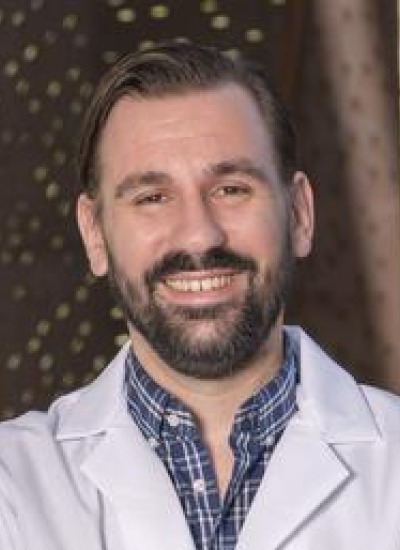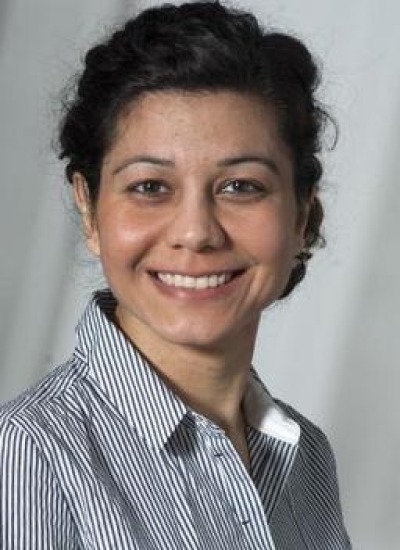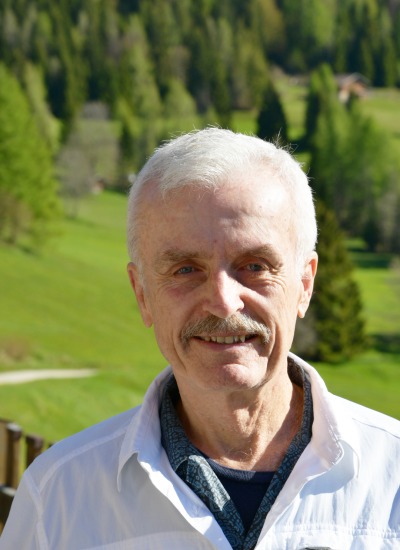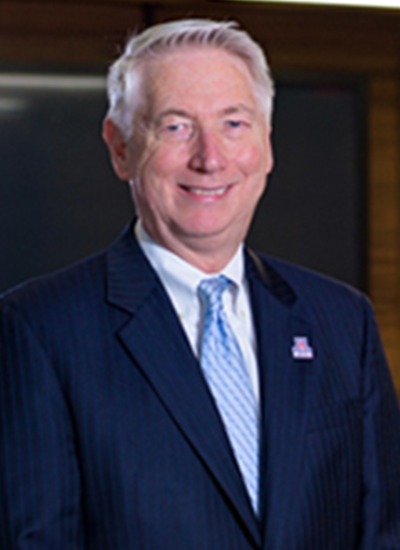Tobias Jakobi
Work Summary
I was recruited as Assistant Professor to The University of Arizona College of Medicine – Phoenix (UA-COMP) from Heidelberg University Hospital in Heidelberg, Germany, where I was a postdoctoral researcher. My academic and research training includes RNA biology, eukaryotic biology, genome research, and comprehensive training in theoretical and applied bioinformatics. At UA-COMP, in the Department of Internal Medicine and in the new Translational Cardiovascular Research Center I established my independent research group that develops state-of-the-art computational approaches to answer cardiovascular questions, with a specific interest in the dynamics of circular RNAs and RNA biology in health and disease.





